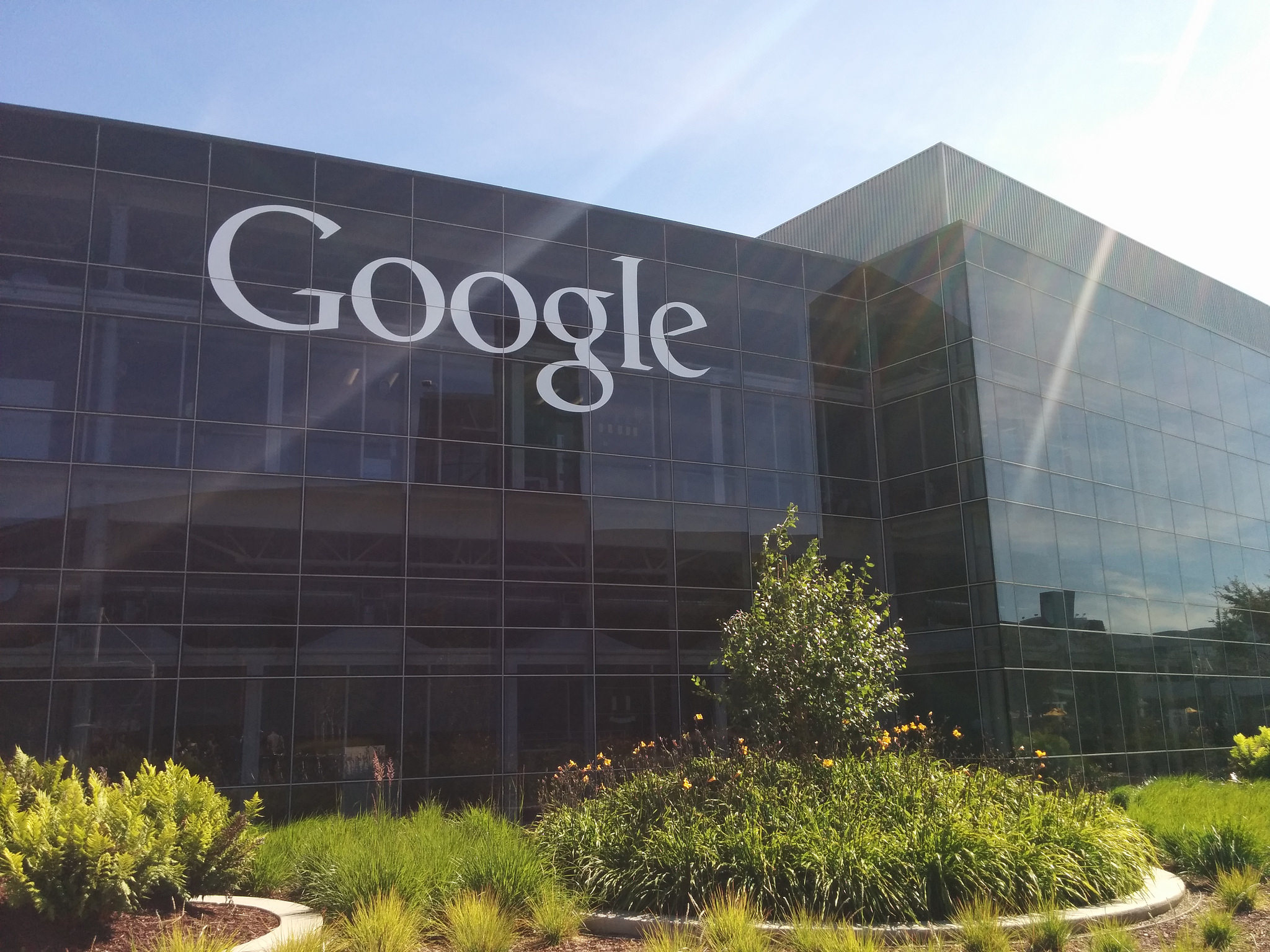Innovation has allowed cars to be outfitted with rear-end cameras, internet connectivity, computerized maintenance systems, and other technological components that can greatly benefit drivers. Unfortunately, new technology sometimes leads to new problems. The instant a car connects to networks, it is opened up to cyberattacks, which could eventually lead to hackers controlling the car remotely. This could potentially create a multitude of problems, which has caused Intel to create the Automotive Security Review Board. The goal of the ASRB is to diminish the risk that cyberattacks present to vehicles. Chris Young, the Senior Vice President and General Manager of Intel Security, states that “with the help of the ASRB, Intel can establish security best practices and encourage that cyber-security is an essential ingredient in the design of every connected car.”
The board seeks to use ongoing security tests and audits to determine how best to advise automobile manufacturers. This, in turn, will keep cars and their drivers safer. Considering that some companies are already recalling cars due to security breaches, the ASRB and their findings will be useful to automotive companies. Intel will provide its advanced development platforms to assist with the board’s research into security and has already published an initial version of its automotive cybersecurity best practices that will be updated as the ASRB continues to conduct research. A key component of Intel’s advice centers on the fact that vehicle security is something that needs to be monitored and updated even after the sale of the car is finalized. As Intel stated in their report on best practices, “Threat analysis and risk assessment continues throughout the life of the car as old vulnerabilities are patched and new ones come to light, so the risk of attack can even increase with time.” As new threats are presented to technology, especially to its applications in cars, manufacturers will need the cybersecurity research that organizations like the Automotive Security Review Board are conducting.
Article via CNET, September 14, 2015
Photo: Urban Congestion via Doug [Creative Commons Attribution-NonCommercial-NoDerivs]

